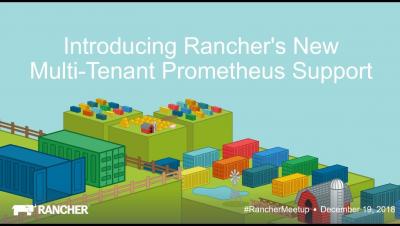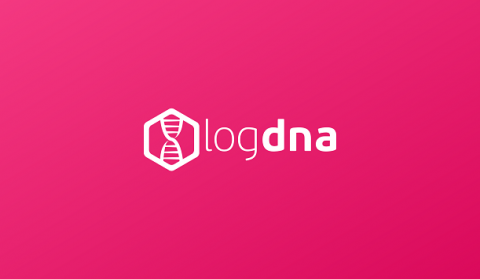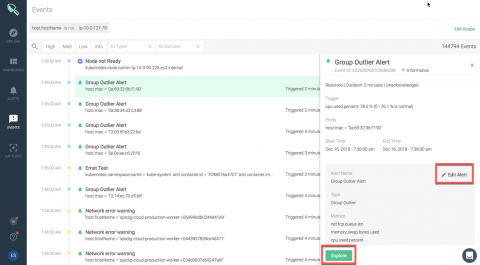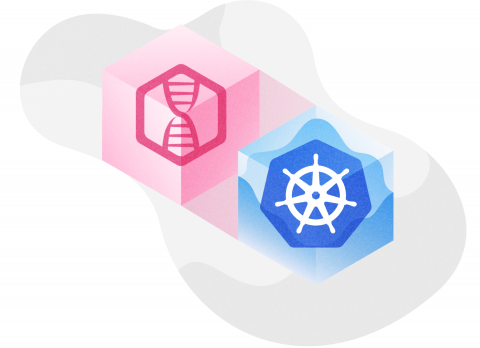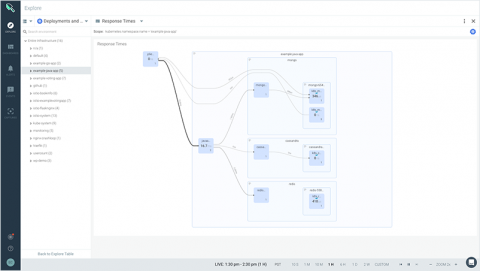Operations | Monitoring | ITSM | DevOps | Cloud
Containers
The latest News and Information on Containers, Kubernetes, Docker and related technologies.
KubeCon 2018 + CloudNativeCon Recap
KubeCon + CloudNativeCon North America 2018 was an incredible event. We had many exciting announcements – LogDNA’s new partnership with IBM Cloud, our recent round of funding, as well as great conversations, product demos, fun giveaways, and even surprise gifts for loyal customers, our booth was jam packed.
Monitoring Kubernetes, part 1: the challenges + data sources
Our industry has long been relying on microservice-based architecture to deliver software faster and safer. The advent and ubiquity of microservices naturally paved the way for container technology, empowering us to rethink how we build and deploy our applications. Docker exploded onto the scene in 2013, and, for companies focusing on modernizing their infrastructure and cloud migration, a tool like Docker is critical to shipping applications quickly, at scale.
Unveiling Sysdig Monitor Events
At Sysdig, we have built a cloud-native intelligence platform to create a single, more effective way to monitor and secure your critical applications. We want to empower our users to quickly identify critical events and focus on events that need the most attention from you.
How to Make Kubernetes Work for Everyone
Intro to Kubernetes and Rancher Online Training - December 13, 2018
Dynamically Provisioning Local Storage in Kubernetes
At LogDNA, we’re all about speed. We need to ingest, parse, index, and archive several terabytes of data per second. To reach these speeds, we need to find and implement innovative solutions for optimizing all steps of our pipeline, especially when it comes to storing data.
Now Available: IBM Cloud Monitoring with Sysdig.
Today at Kubecon we announced the availability of IBM Cloud Monitoring with Sysdig. Together, IBM and Sysdig have launched this new offering to provide a fully managed enterprise-grade monitoring service for cloud-native applications on IBM Cloud. If you build, ship, and run applications on IBM Cloud, you now have direct, integrated access to Sysdig Monitor.
How to Get Started with Rancher's New Multi-Tenant Prometheus Support and Alpha Release Process
Ankur Agarwal, Rancher's Head of Product Management, describes new features in Rancher 2.2. Learn how to monitor multiple Kubernetes clusters in this step-by-step tutorial and how our Alpha Release process works.
Upgrading Your AWS Kubernetes Cluster By Replacing It
With the recent panic over the zero-day Kubernetes vulnerability CVE-2018-1002105, Kubernetes administrators are scrambling to ensure their Kubernetes clusters are upgraded to a version that is patched for the vulnerability. As of this writing, the minimum versions that have the patch are 1.10.11, 1.11.5, 1.12.3, and 1.13.0-rc.1.


